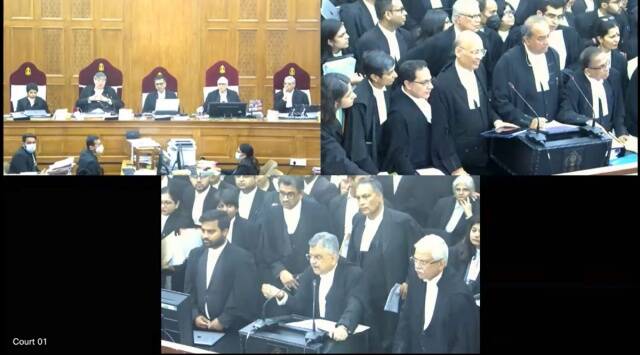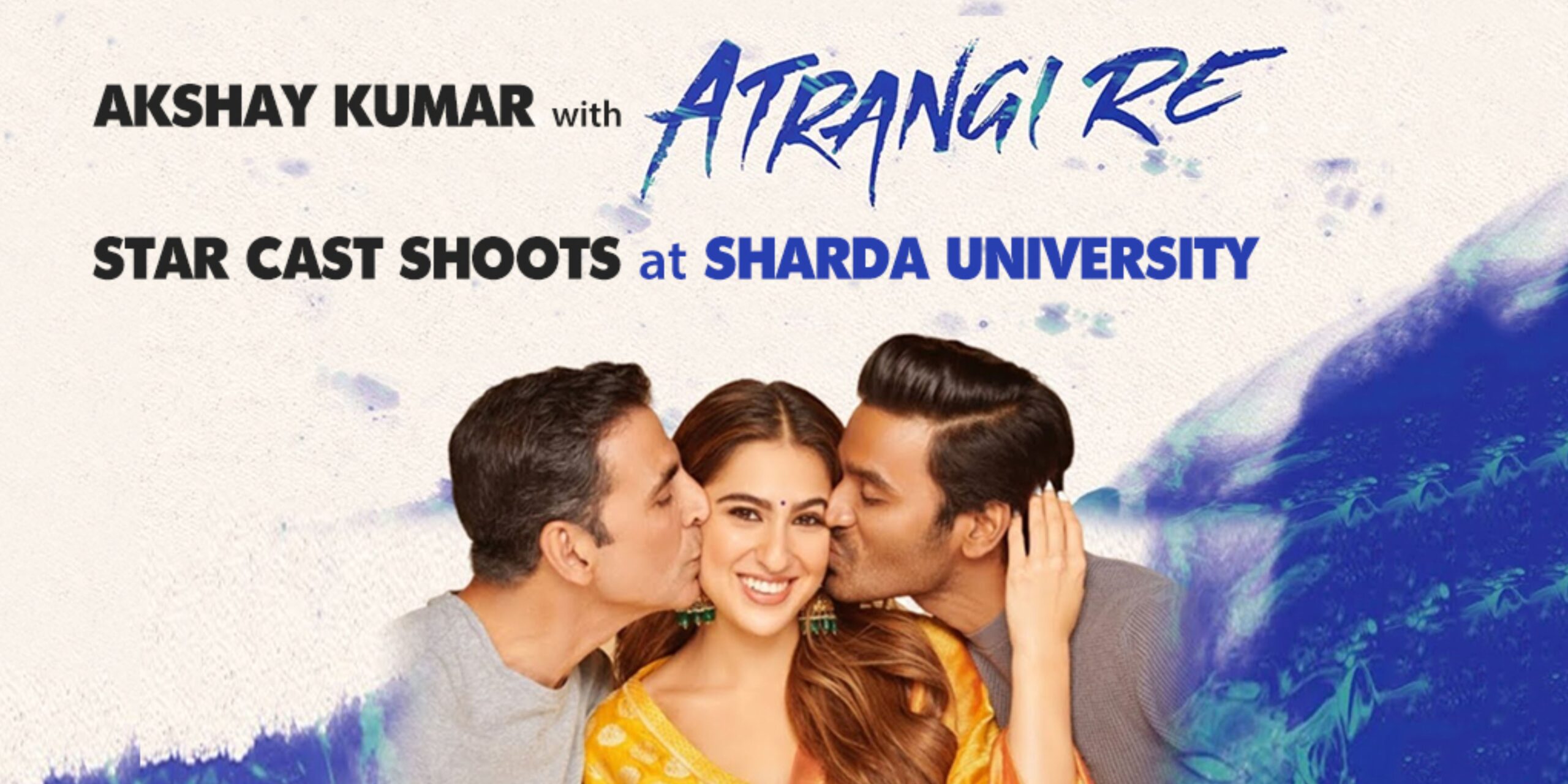India
Top quotations from the Supreme Court hearing on same-sex marriage:

Monday, a five-judge Constitution Bench will hear a number of petitions seeking legal recognition for same-sex marriage.
The Bench consists of D. Y. Chandrachud, the Chief Justice of India, Justices Sanjay Kishan Kaul, Ravindra Bhat, Hima Kohli, and P. S. Narasimha. Justice Chandrachud was also a member of the constitution bench that, through the 2018 Navtej Singh Johar decision, decriminalised sex between two homosexual, consenting adults.
Here are the most notable quotations from the hearing:
- Senior Advocate Mukul Rohatgi, arguing for the petitioners, stated, “LGBTQ individuals should have the right to a life of dignity and to the institution of marriage and family that is available to others.”
- For the petitioners, senior attorney Maneka Guruswamy stated, “Marriage is not only a question of dignity, but also a bouquet of rights that LGBTQ people are being denied after Johar, such as life insurance and medical insurance.”
- As a member, I am unable to purchase SCBA medical insurance. This is a reality of the exercise of liberties. One aspect is the constitutional value of dignity, equality, fraternity, and liberty, while the other is the daily existence of business. Life consists of all of these elements. The majority of privileges derive from blood ties or marriage. Without marriage, we must repeatedly return to court to legislate issues. “We say marriage, not because it is a social concept, but because it is a legal framework,” Guruswamy explained.
- Justice S K Kaul stated, “As the CJI stated, sometimes incremental adjustments in matters with social and societal repercussions may be preferable. There is a time for everything, including the arrival of certain objects. Therefore, the suggestion was, “Can we, for the time being, confine ourselves to the specific issue?”
- CJI D Y Chandrachud responded to a question about how to develop the concept of a civil union that receives legal recognition by stating, “Since the Navtej Johar judgement was issued, society has become more accepting of same-sex relationships. Even at our universities, where many students hail from rural areas. There is an increase in acceptance.”
- Mukul Rohatgi stated that all he desired was for the Special Marriage Act of 1954 to read “spouse” rather than “man and woman” In 1968, the definition of marriage in Black’s Dictionary stated “between a man and a woman,” but as of recent, it states “between two persons/ humans.”
- Rohatgi also stated that the fundamental rights of the LGBTQ community are being restricted and that it is the responsibility of the courts to intervene. He stated, “I need not wait to see what the Parliament will do… If I have a right, the court must investigate it. If discovered, the Court must provide it to me.”
- Tushar Mehta, who represented the government, stated, “We are misdirecting the question.” It is not a question of LGBTQ protection, privacy, or equality, but rather the authority to confer a sociolegal status and whether that can be accomplished through judicial legislation.”
- Tushar Mehta argued that even if the Supreme Court does not address personal laws in the future, the door will have been opened. “In the Navtej judgement, your lordships made marriage possible. Now, even if unintended, your lordships will open the door for future personal laws.”
- When Tushar Mehta stated, “Social acceptance of any relationship is never dependent on legislation or judgement,” he was not referring to the law or the court system. The legislative intent has always been a relationship between a biological male and a biological female”, CJI Chandrachud responded by stating that the concept of a biological woman or man is not absolute and “it’s not just a matter of your genitals.” However, Mehta insisted that it was a matter of one’s genitalia, whereby “man” would only refer to a “biological man.”
Related Posts
Follow Us



